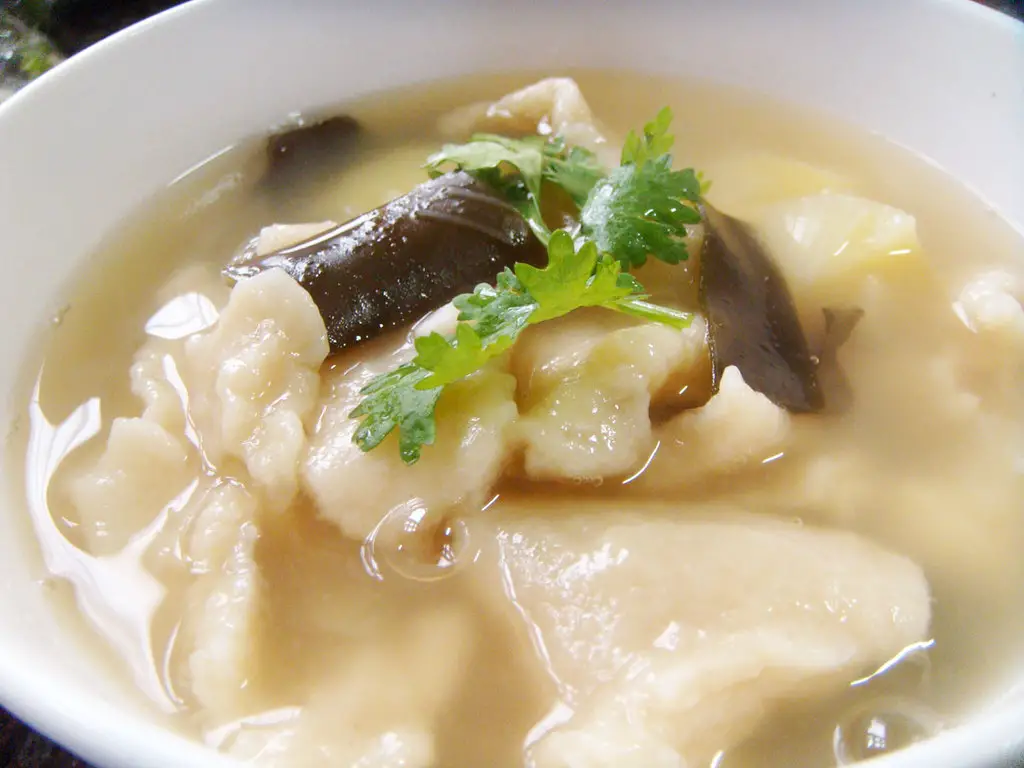Fasting, a practice with ancient roots and modern applications, involves abstaining from food or drink for a designated period. People fast for various reasons, including religious observance, health benefits, or weight management. A common question among those who fast is whether consuming alcoholic beverages, like vodka, breaks a fast. This article explores the impact of vodka on fasting and examines the factors that determine whether it disrupts the fast.
Understanding Fasting
Fasting can take many forms, with intermittent fasting and extended fasts being among the most common. In intermittent fasting, individuals cycle between periods of eating and fasting, while extended fasts can last for 24 hours or more. During fasting, the body undergoes metabolic changes that promote fat-burning and other health benefits.
The primary goal of fasting is to restrict calorie intake to allow the body to enter a fasting state. While water, black coffee, and tea are generally accepted during fasts, any substance that provides calories can break a fast.
Vodka and Caloric Content
Vodka is a popular distilled spirit known for its high alcohol content and low calorie count compared to other alcoholic beverages. However, despite being low in calories, vodka still contains them—typically around 97 calories per 1.5-ounce (44 ml) serving. When consumed during a fast, these calories can disrupt the fasting state, signaling the body to exit fat-burning mode and resume energy from ingested calories.
How Vodka Affects Fasting
The effect of vodka on fasting depends on the type of fast and its specific guidelines. In general, fasting requires abstaining from calorie-containing substances, so drinking vodka would break a fast. Even a small amount can trigger a metabolic response, defeating the purpose of fasting.
In addition to the caloric impact, alcohol consumption during a fast can have other adverse effects, such as dehydration, impaired judgment, and an increased risk of overeating once the fast ends. Therefore, those who fast for health or religious reasons should avoid alcohol during their fasting periods.
Special Considerations
Certain fasting regimens may have specific rules about what constitutes breaking a fast. For example, some religious fasts allow for moderate alcohol consumption, while others strictly prohibit it. It’s essential to understand the specific requirements of your fasting regimen and consider how alcohol fits into your fasting plan.
Vodka, despite its low-calorie content, does break a fast due to the presence of calories and the potential metabolic disruption it can cause. Those who practice fasting should avoid consuming vodka and other alcoholic beverages to maintain the fasting state and achieve the desired benefits. If you’re unsure about your fasting regimen’s rules, it’s best to consult with a healthcare provider or fasting expert for personalized guidance.
Alternatives to Vodka During Fasting
If you are fasting but still desire a beverage with a similar experience to alcohol without breaking your fast, there are alternatives. Consider these non-caloric options:
Sparkling Water: A fizzy, refreshing drink that provides the same carbonation sensation as many alcoholic drinks.
Herbal Tea: Offers a wide variety of flavors and can be enjoyed hot or cold, without adding calories.
Cold Brew Coffee: If you prefer a caffeinated beverage, cold brew coffee is a smooth and refreshing option that doesn’t break your fast.
These beverages allow you to maintain the fasting state while enjoying a flavorful experience.
They are versatile, allowing you to customize with herbs, spices, or natural essences to suit your taste.
Fasting Tips to Avoid Temptation
If you are concerned about the temptation to consume alcohol or break your fast, here are some practical tips to stay on track:
Plan Your Fasting Schedule: Structure your fasting and eating windows in a way that aligns with your lifestyle. This reduces the likelihood of being tempted to consume alcohol during fasting hours.
Stay Hydrated: Often, feelings of hunger or cravings can be attributed to dehydration. Keep a bottle of water with you to stay hydrated and curb those cravings.
Engage in Activities: Fasting can sometimes feel challenging when boredom sets in. Engage in activities that keep you busy, like exercise, reading, or spending time with friends, to reduce the temptation to break your fast.
Create a Support System: Surround yourself with people who understand your fasting goals.
Having a support system can help you stay on track and resist temptations.
Fasting can offer numerous health benefits, but maintaining the fasting state is crucial to achieving those benefits. While vodka and other alcoholic beverages might seem appealing, they contain calories that can break a fast. By understanding the impact of vodka on fasting and exploring alternatives, you can make informed decisions about your fasting journey.
If you have any concerns about your fasting regimen or the impact of specific foods or beverages, it’s always best to consult with a healthcare professional or a nutritionist. They can provide personalized advice based on your individual needs and goals, ensuring you get the most out of your fasting experience.


















